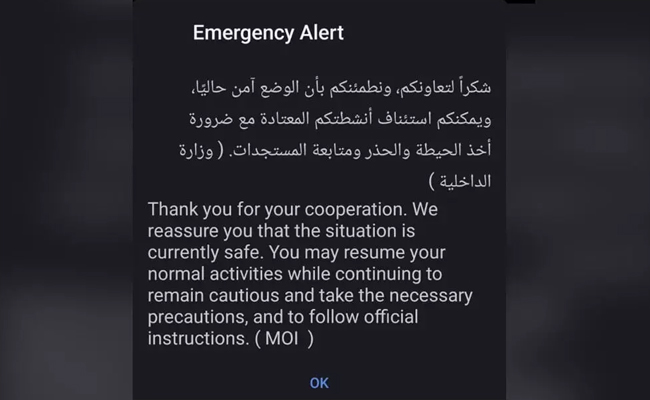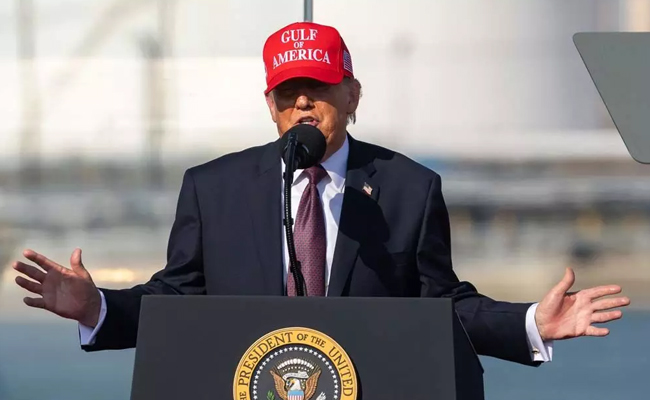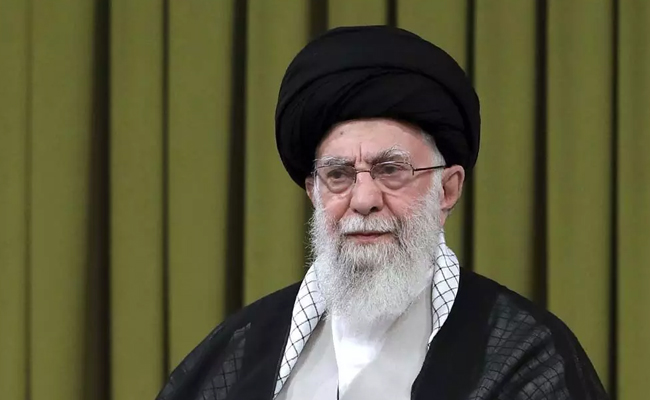Tokyo(PTI): Trailblazing shooter Avani Lekhara on Friday became the first Indian woman to win two Paralympic medals by claiming the 50m Rifle 3 Position SH1 bronze to add to an unprecedented gold she had won earlier in the ongoing Games here.
The 19-year-old Lekhara qualified second for the event with a score of 1176, including 51 inner 10s.
In the fiercely contested finals, Lekhara totalled 445.9 to finish ahead of Ukraine's Iryna Shchetnik, who let slip her grip on the medal spot with a poor third shot of 9.9 in the elimination.
Lekhara had become the first Indian woman to win a Paralympic gold by claiming the top honours in the 10m air rifle standing SH1 event.
The Jaipur-based shooter, who sustained spinal cord injuries in a car accident in 2012, had fired a world record equalling total of 249.6, which was also a new Paralympic record.
Prior to her, Joginder Singh Sodhi was the lone Indian to win multiple medals in the same edition of the Games when he fetched one silver and two bronze medals in the 1984 Paralympics.
His silver came in shot put, while the two bronze medals were won in discus and javelin throw.
The gold in Friday's event was claimed by China's Zhang Cuiping with a new Games record of 457.9, while German Natascha Hiltrop took the silver with a 457.1 in the final.
Athletes in SH1 Rifle have an impairment in their legs, for example amputations or paraplegia. Some athletes will compete in a seated position, while others will compete in a standing position.
Lekhara started shooting on the insistence of her father in 2015 at a city shooting range.
She was also inspired by Olympic gold-medallist rifle shooter Abhinav Bindra after reading his autobiography.
In the men's event 50m Rifle 3P, Deepak failed to qualify for the finals after finishing 18th with a score of 1114.
Let the Truth be known. If you read VB and like VB, please be a VB Supporter and Help us deliver the Truth to one and all.
Dubai/Abu Dhabi: Residents and visitors across the United Arab Emirates received a fresh emergency alert on their mobile phones stating that the situation in the country is currently safe.
The message, issued by the Ministry of Interior (MOI), thanked people for their cooperation and reassured them that conditions were stable.
“Thank you for your cooperation. We reassure you that the situation is currently safe. You may resume your normal activities while continuing to remain cautious and take the necessary precautions, and to follow official instructions. (MOI),” the alert read.
The notification was sent in both Arabic and English through the country’s emergency alert system.
The advisory comes after earlier alerts warning of potential missile threats amid rising regional tensions. Authorities have urged the public to stay cautious and follow official guidance.





